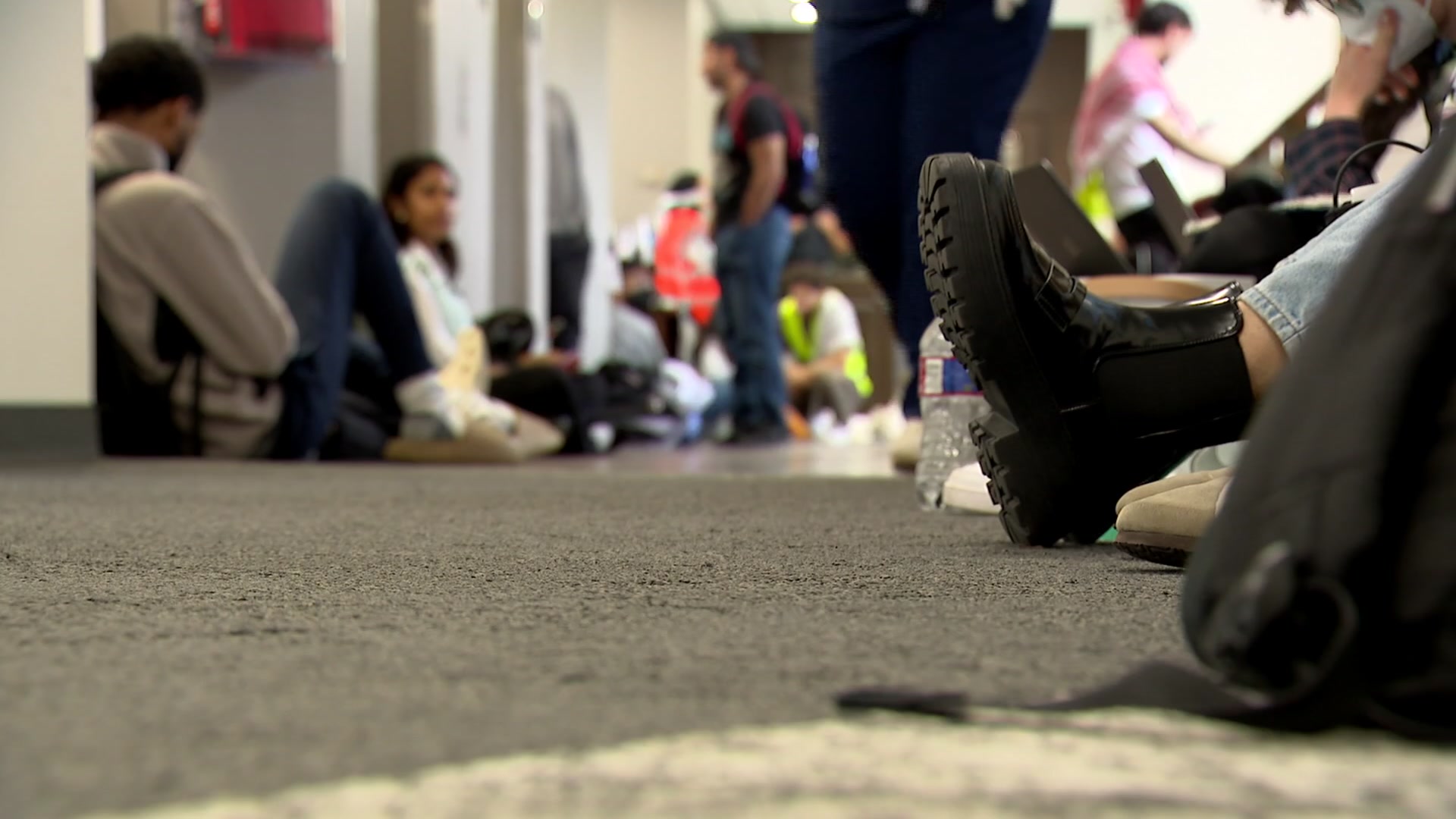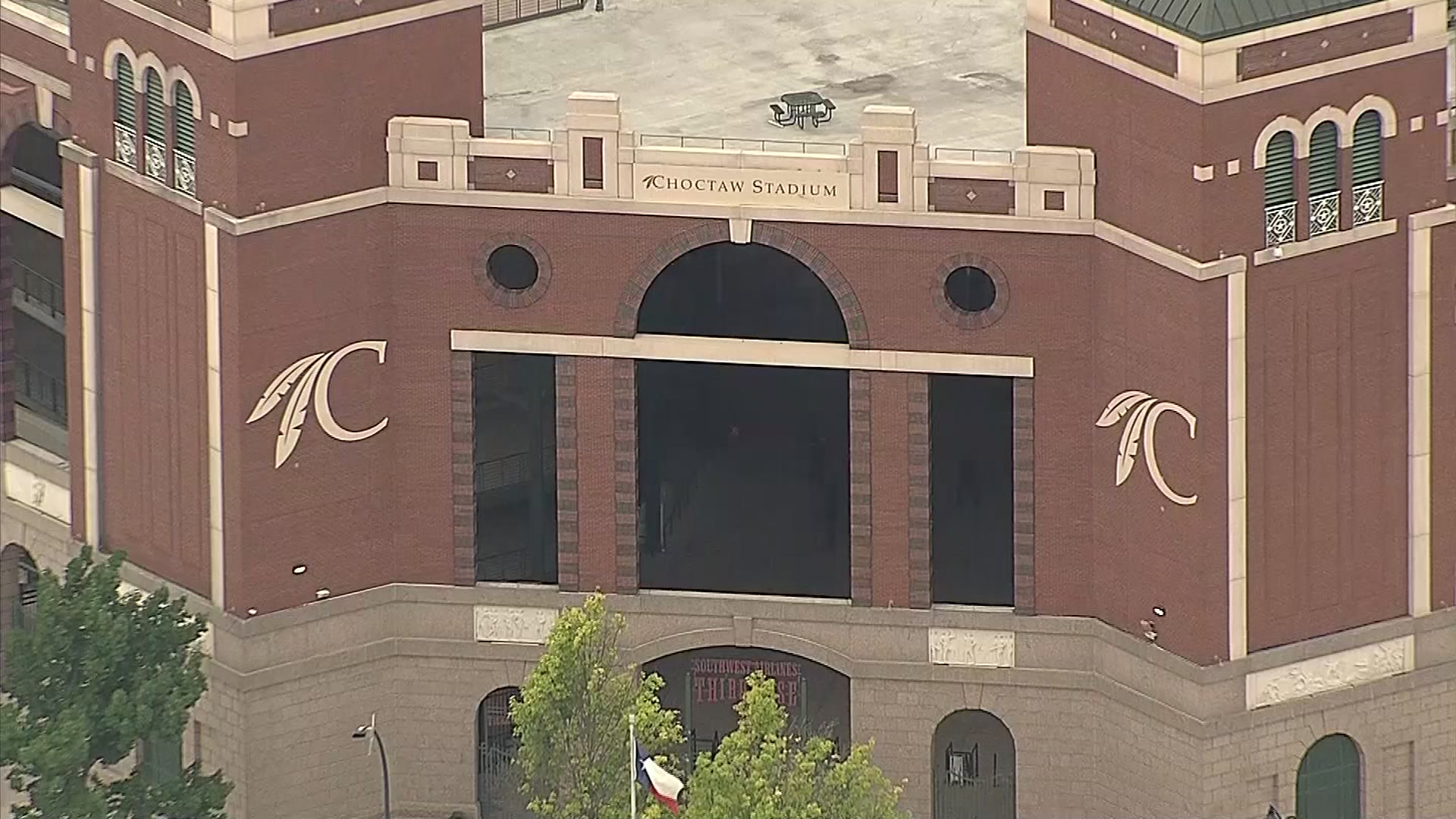Gov. Rick Perry has called a special legislative session to begin Tuesday.
Perry issued the official call late Monday and said the Legislature should concentrate on fiscal matter necessary to fund the 2012-2013 budget. Specifically, the Legislature needs to approve a new school finance law that will reduce the state's obligation to public schools by $4 billion.
He also told lawmakers to work on improving the delivery of Medicaid, the insurance program for the poor. Republicans had proposed a bill to cut Medicaid costs during the regular session, but it also died.
Republicans began the Texas legislative session with unprecedented majorities in both chambers and holding every statewide office, but 140 days later, they still failed to pass a key budget-related bill and two of the governor's top priorities. So they'll be back on Tuesday.
Lawmakers need to finish their work on the budget, but the governor may add any additional subjects he wishes.
"The governor has expressed hope to me that we won't be here for a terribly long time," Speaker of the House Joe Strauss said of the special session beginning Tuesday.
But Lt. Gov. David Dewhurst wrote Gov. Rick Perry asking him to put nine issues on the agenda, including new immigration enforcement rules, Medicaid savings measures, interstate health insurance, the Texas Windstorm Insurance Association and congressional redistricting.
Dewhurst said he was ready to do away with the Senate's tradition of requiring a two-thirds vote to approve bills, something designed to give even the minority party a say in legislation.
"Given that a small number of Senate Democrats have demonstrated their unwillingness to find consensus on these important legislative items, I can see no other alternative than to operate under a simple majority vote in the special session," Dewhurst said in his letter to the governor.
Local
The latest news from around North Texas.
Republicans hold 19 out of 31 seats in the Senate and 101 out of 150 seats in the House. The only way Democrats can stop legislation is for senators to leave the state.
Seasoned veterans predicted the special session could be contentious.
"My prediction is this will be a long special session. I think it's going to be pretty hardball," said Sen. Steve Ogden, R-Bryan. "This is a gift for the governor."
The Texas Constitution requires the Legislature to pass a balanced budget every two years, and the state comptroller is responsible for certifying that they did their job. While both chambers passed the main budget bill, Sen. Wendy Davis, D-Fort Worth, was successful with a filibuster against a new school finance law that would cut the state's obligations to schools districts by $4 billion. Without the new law, the budget doesn't balance and a special session is mandatory.
"I think the Democrats have made a bad strategic move. They could have made a deal on a number of issues and we could've been done right now. But they chose to make us come back in special session," said Rep. Larry Taylor, the Republican leader in the House. "I think the negotiations for them during the (special) session are going to be a lot harder for them."
House Democratic leader Rep. Jessica Farrar said her team was ready to fight for more school funding. They would insist that the public have a chance to let lawmakers know how they feel about the $4 billion in proposed cuts. She said Democrats want to tap the state's almost $10 billion Rainy Day Fund to give schools what they are owed.
Despite the failure to pass a budget, Republicans did score some major victories during the regular session, including four of Gov. Perry's five emergency items. Winning the hardest-fought item, Perry has already signed a bill requiring doctors to conduct a sonogram before performing an abortion and to force women to listen to a detailed description of the ultrasound image. The law goes into effect on Sept. 1.
Republicans also delivered a law that requires voters to show a photo ID before casting a ballot, and a "loser pays" bill that makes it harder to file lawsuits and also punishes claimants if they don't settle for more than they eventually win. Perry also signed new eminent domain rules that strengthen individual property rights.
But Democrats did block the so-called "sanctuary cities" bill that would force local law enforcement agencies to give immigration laws the same priority as violent crime. The politically charged moniker of the bill refers to police departments that tell their officers not to question a person's immigration status in order to focus on higher priorities or to facilitate better communication with residents. The measure is almost certain to come up during the special session.



